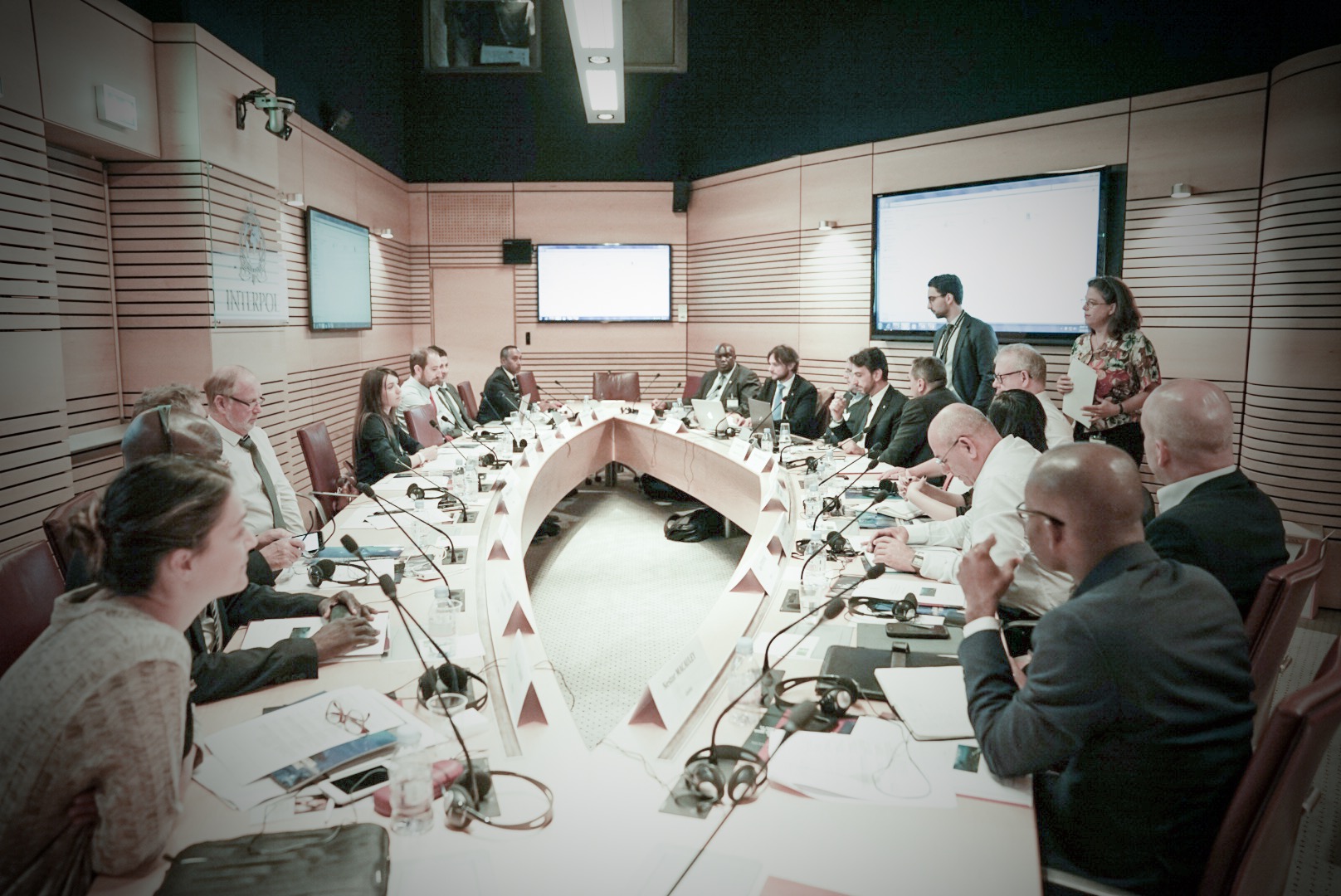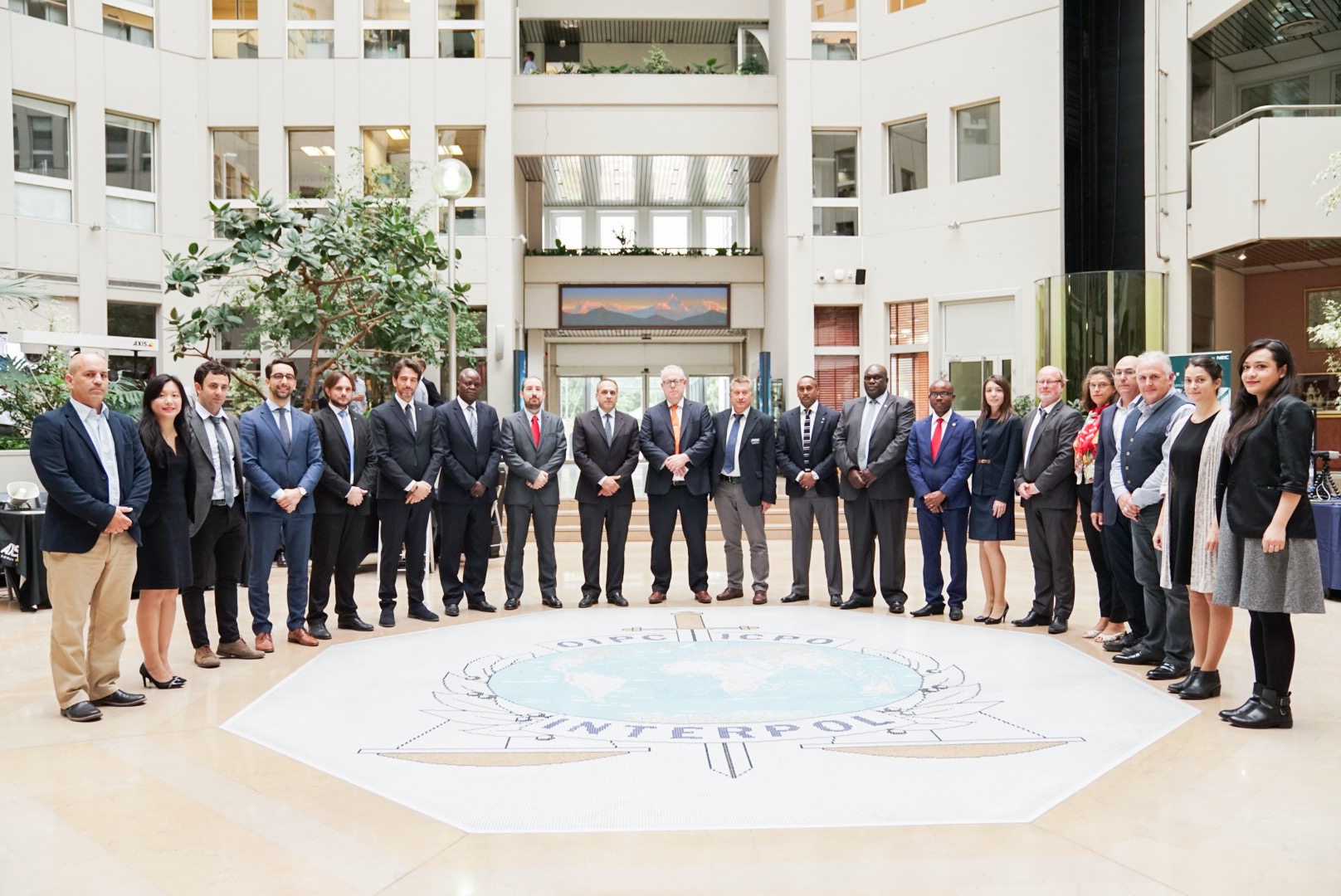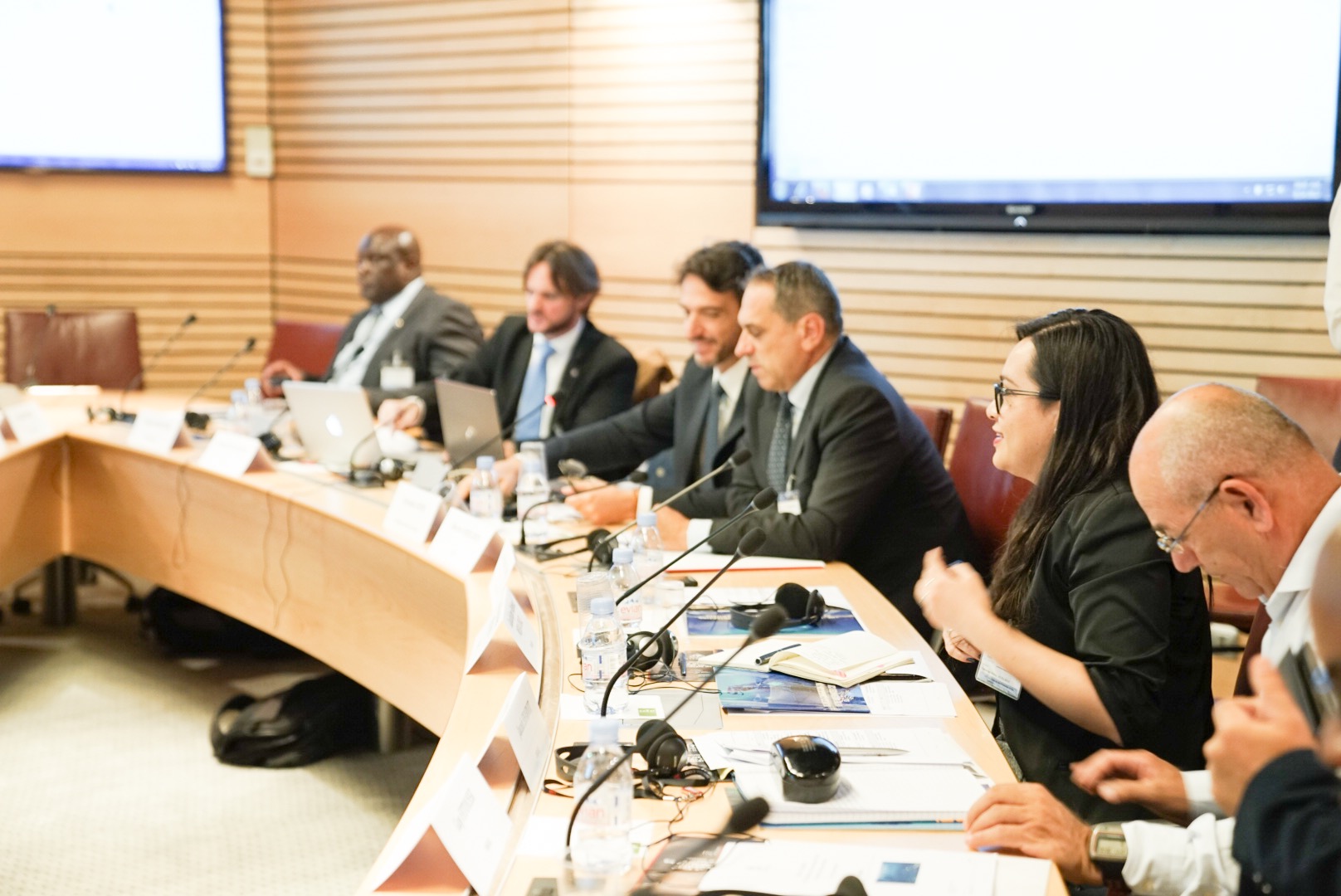LYON, France – Underwater cultural heritage sites worldwide are exposed daily to a range of critical challenges which include plunder, trade, fishing and the extraction of natural resources.
In addition, underwater archaeological sites are regulated by extremely different national legislations worldwide.
Against this context, reviewing and shaping best practices against the pillage, commercial exploitation, illicit trafficking and unethical recovery of underwater archaeological objects was the focus of the first ever international meeting organized by INTERPOL and UNESCO dedicated solely to identifying and protecting underwater cultural heritage.
The agenda at the two-day (14 and 15 September) meeting included best practices in recording and sharing information related to stolen cultural goods and in recovering cultural artefacts from the illicit market.
In this respect, the conference was an important step in supporting the implementation of the 2001 UNESCO Convention, a key tool in the fight against cultural property crimes.
The Convention, ratified by 58 countries, remains the only international legal instrument that can guarantee the protection of underwater cultural heritage in all waters and that can be used by special law enforcement units dedicated to the protection of underwater cultural heritage sites.
Under the auspices of INTERPOL and UNESCO, the meeting gathered more than 25 international experts from Cyprus, Democratic Republic of Congo, France, Ghana, Israel, Italy, Mexico, Romania, South Africa, Spain, the Netherlands, UK and Ukraine, as well as from CMAS (Confédération Mondiale des Activités Subaquatiques).







